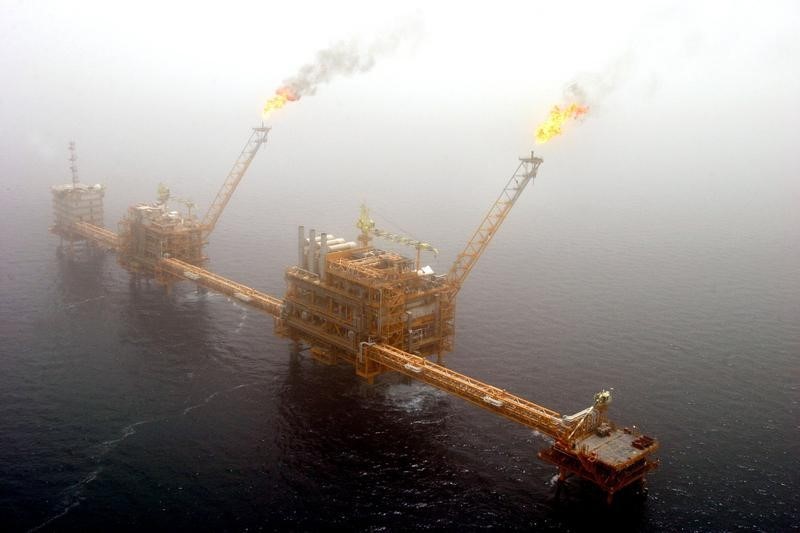Investing.com’s stocks of the week
Investing.com - Oil prices advanced on Friday and were near four-year highs on Friday after Energy Secretary Rick Perry denied reports that the U.S. government plans to use emergency oil reserves to make up for barrels that would be lost from sanctions applied by Washington on Iranian oil exports.
On the New York Mercantile Exchange, Crude Oil WTI Futures for November delivery traded 0.2% higher to $72.25 a barrel by 12:45AM ET (04:45 GMT), while on London's Intercontinental Exchange, Brent Oil Futures for December delivery gained 0.05% to trade at $81.42 a barrel.
Perry told a news conference at the Department of Energy late on Wednesday that the Trump Administration was not considering a release of oil from the U.S. Strategic Petroleum Reserve to offset the impact of the sanctions on Iran that would come into force from Nov. 4.
Headlines over the past three months have repeatedly raised the possibility of President Donald Trump tapping the SPR to lower current market and pump prices for gasoline and the president has not publicly refuted the reports. High oil prices are a political risk for Triump and his fellow Republicans.
“Perry is right. A release from the SPR will give the market a false sense of security and the demand side of the equation would be slow to adjust to less barrels,” said Phil Flynn, analyst at the Price Futures Group in Chicago.
Meanwhile, the upcoming U.S. sanctions on Iran has been supporting the crude market in recent months. The Organization of the Petroleum Exporting Countries (OPEC) and non-OPEC members, including Russia, said they have little spare capacity to increase output in order to offset low supplies that will be brought on by the Iranian sanctions. Iran is OPEC’s third-largest producer.
"The market has been focusing on trading headlines on the Iran sanctions for a whole week. But views on how much OPEC and Russia can make up for the losses vary," said Chen Kai, head of commodity research at Shenda Futures.
